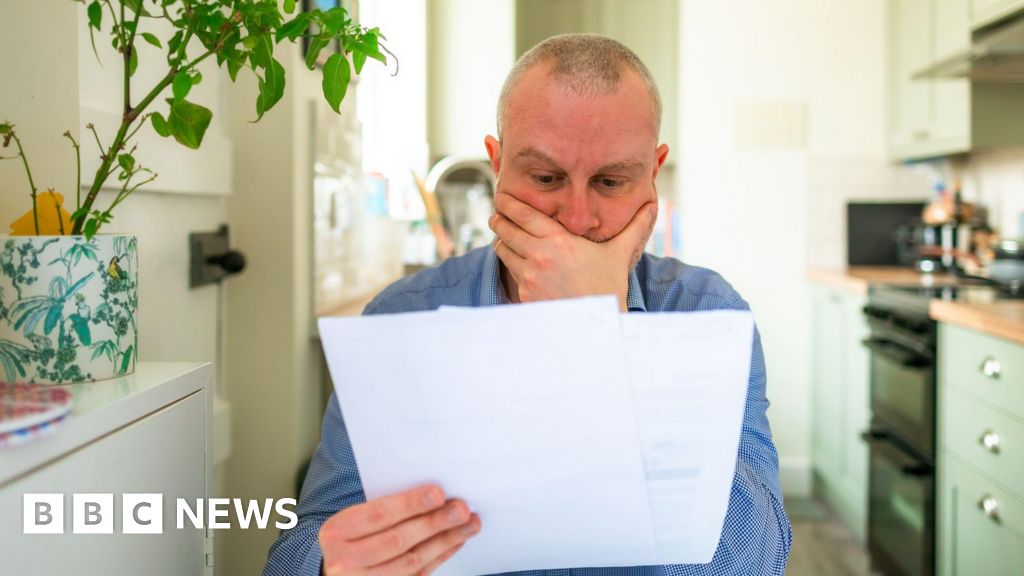
The amount of money owed to energy suppliers by customers has increased to a new record high of £4.4bn, figures from the regulator show.
Ofgem said that the level of energy debt and arrears in England, Wales and Scotland had risen by more than £750m compared with a year earlier.
The data, which covers the period from April to June, shows that more than one million households have no arrangement to repay their debt, also a record high.
The regulator is considering ways to tackle growing household debt. Earlier in the week it said plans included suppliers “debt matching” repayments by customers to clear the amount owed more quickly.
The level of debt to energy suppliers has increased sharply since the price of domestic gas and electricity pushed many households into financial difficulty in recent years.
The cost of essentials, including domestic energy, created the post-Covid crisis that led to millions of people receiving cost of living payments from the last government.
Energy prices are lower than their peak but remain relatively high. Some customers are struggling to pay their bills now, even before they try to repay unpaid bills from previous months and years.
Average debt for people who do not have a repayment plan with their provider stands at £1,716 per household.
Ofgem is studying how any debt that has little chance of being repaid should be covered.
On Wednesday, it reiterated proposals to establish a fund called the Debt Relief Support Scheme, which suppliers would use to either write off debt that is so significant it will never be paid back or help pay off what is owed by “debt matching” customer payments. Any such scheme would likely have to be funded through everyone’s bills.
As part of the plans, the regulator said it wanted to make it easier for consumers to get help from charities and debt support agencies and ensure a consistent approach was taken to the issue, to help limit the risk of unsustainable levels of debt building up in the future.



